CD Review: This Moment Must Be Sung
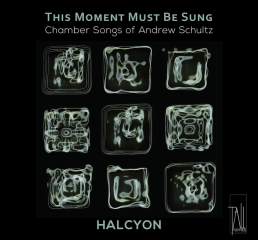
The power of the human voice collides with words and music in the latest CD release from Halcyon This moment must be sung, (Tall Poppies) which features the chamber songs of contemporary Australian composer Andrew Schultz (b 1960). A prolific composer of instrumental and vocal music for both small and large forces, Schulz says he has returned “time and again” to vocal music, pursuing his interest in the way words and music interact.
This CD has an additional premium in that many of his songs are written in collaboration with Halcyon, one of Australia’s premier new music ensembles, with the result that the writing is well suited to the voices of Halcyon and their aesthetic, as well as realising the composer’s vision.
This moment must be sung features three songs and three song cycles of five songs each, written between 2001 and 2013. Joining Halcyon members soprano Alison Morgan and mezzo-soprano Jenny Duck-Chong on various tracks, is an ensemble of fine instrumentalists comprising conductor Luke Spicer, cellists Anna Martin-Scrase and Geoffrey Gartner, double bassists Jennifer Druery and Kirsty McCahon, percussionist William Jackson, harpist Rowan Phimister, pianists Sally Whitwell, Josephine Allan and Chris Cartner and clarinetist Jason Noble.
Halcyon showcases Andrew Schultz’s innovative musical language which is enriched with multi-metrics, cross-rhythms, evocative word-painting and onomatopoeia. It explores tonality and rhythmic complexities for unusual mixes of instruments and voice. It exploits the range and technical possibilities of the soprano voice in particular. Alison Morgan ably straddles the spectrum from tenderness and lyrical beauty to raw passion.
Interestingly for a male composer, the words of two of the song cycles are ‘spoken’ by women. The first of these, I am writing in this book opus 88 sets the words of the first millenium Japanese diarist Sei Shōnagon in The Pillow Book. Her book documents her entertaining observations of life in the Japanese court in the service of Empress Teishi. These songs, written for the two voices and instrumental ensemble, opens with A gift of paper, is a gently rocking ballad contrasted by the percussive Japanese idioms, weaving voices and ominous mood of Secret Meeting; the high leaps are punctuated by the onomatopoeia of the Language of women; I see the word ‘storm’ contains a descending figure sung in imitative style which then rises later as ostinato triplets and quavers bounce off each other. It is getting dark is given a spectral feel with the soprano voice opening on a high sustained G# with the mezzo-soprano anchoring a tonally and rhythmically complex texture.
Lake Moonrise opus 94 is mezzo-soprano Jenny Duck-Chong’s solo contribution with Jason Noble, Geoffrey Gartner and William Jackson. Schultz has set his own words as a Prelude and Fugue, inspired by his experience of moonlight over Lake Cootharaba in Queensland seen from a fire scarred valley inhabited by black cockatoos. Jenny Duck-Chong sings a beautifully sustained melody in the style of a cantus firmus while instruments create the snapping sounds of the scorched landscape, punctuated by images of stones, bones, trees and bird calls.
The following opus, Paradise opus 95 is for soprano, piano and cello, for which Schultz again wrote the words “in which a physician observer wrestles with the small-scale detail and large-scale effect of an horrific and violent event.” Written in 2013, the piece was a finalist in the 2016 Art Music Awards and was Highly Commended in the Paul Lowin Song Prize that year. The songs, bound by ideas of shapes, glass, identity perspective, release and space, contradict its title. The first aria Suspended earth is a lyrical, freely wandering interplay between voice, piano and cello, stretching the voice to its highest reaches; however, the syncopations and jagged rhythms of Safety glass create an unease; Child who are you? Is a quizzical multi-lingual questioning of identity. Jigsaw and Almost flight complete the collection.
I am black Opus 63a is another song with a female perspective. The words are Biblical, taken from the Song of Solomon and also known as Nigra Sum. To the evening star opus 80, won the Paul Lowin Song Cycle Prize in 2009. Written for soprano and piano with words by 5 renowned British poets, W B Yeats, Gerald Manley Hopkins, H W Longfellow, W H Davies and William Blake, it reflects on the “creative inner life.” Lake Isle of Innisfree is hauntingly beautiful, sung with simple elegance by Alison Morgan who tackles the intervallic leaps, the extreme range and the tonal challenges with surety. Pied beauty is an effervescent song of praise, sung with the skittishness of the animals it depicts. Mezzo Cammin is a grave contemplation of mortality, which ends with a moment of intense drama. Alison Morgan gives the remaining two songs in this bracket, Money, O! and To the evening star the feel of old folk-songs wrapped in modern idioms. It is perhaps in this collection that her voice reveals its maximum beauty and technical skill. Finally, Dark Chair, opus 47 is setting of a 19th century erotic Chinese poem, based on Silk, a song written previously for Halcyon.
This moment must be sung is performed by two well-matched voices, experts in new music and who have an established history of performing and creating new music together. The innovative instrumental combinations and compositional techniques create moments when the voices and instruments are indistinguishable – simply extensions of each other – equal partners, making it hard to tell where one ends and the other begins.
This moment must be sung is an important snapshot of contemporary Australian chamber song writing and performance.
Shamistha de Soysa for SoundsLikeSydney©

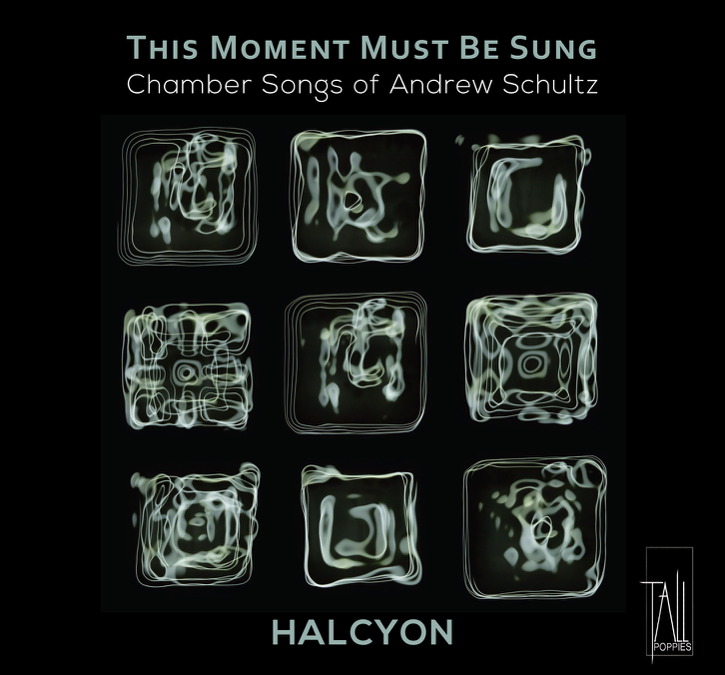
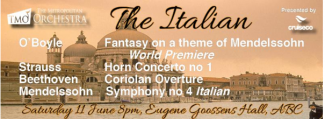
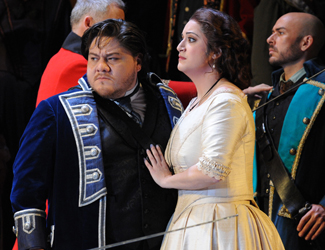



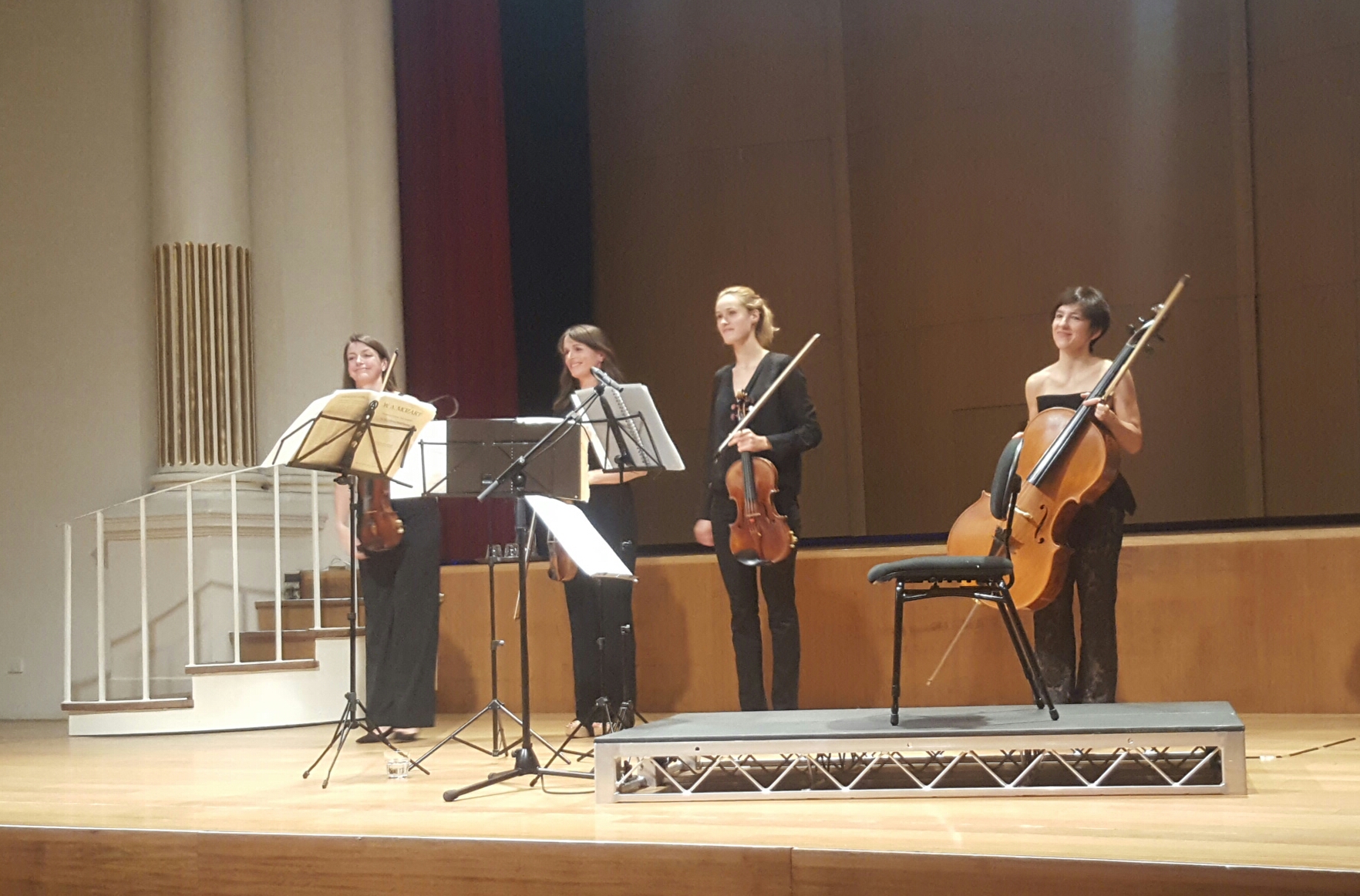
One Comment